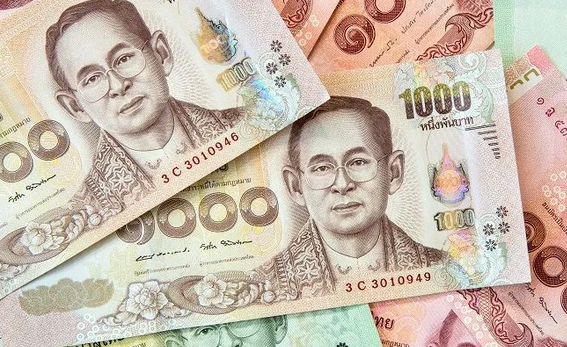BANGKOK – On August 18, the Thai government officially launched the TouristDigiPay project: an 18-month pilot within a regulatory sandbox that will allow foreign tourists to convert cryptocurrencies into Thai baht. The goal is clear: greater payment flexibility for visitors and an innovation boost for the tourism sector.
Conversion limits & safeguards in focus
Conversions are capped at 550,000 baht per month (around USD 16,950) to prevent money laundering and misuse. Conversion back into digital assets is possible within these limits, but direct crypto payments remain strictly prohibited – all spending takes place exclusively in baht via e-wallets.
Tourists must convert their digital assets through licensed crypto exchanges and e-money providers. These operators are subject to strict KYC (Know Your Customer) and CDD (Customer Due Diligence) requirements imposed by Thailand’s Anti-Money Laundering Office (AMLO).
Tourism industry under pressure
Thailand’s tourism sector, which accounts for around 12% of GDP, faces mounting challenges. The State Planning Agency downgraded its forecast for 2025 from 37 million to 33 million visitors, due to a dramatic 33% decline in Chinese arrivals in the first half of the year.
Through TouristDigiPay, the government hopes to achieve a 10% increase in tourist spending, which could generate up to 175 billion baht (approx. USD 5.4 billion) in additional market activity – equivalent to about 5,000 baht more in spending per person.
Innovation and security combined
For the rollout, the government is working closely with financial institutions – in particular the Finance Ministry, the Securities and Exchange Commission (SEC), AMLO, and the Tourism Ministry. The program links digital trading infrastructure with the nationally regulated e-money system, while applying targeted risk-management mechanisms such as monitoring and KYC checks.
Notably, conversions will not rely on complex credit card processes but instead use QR-code payments, making the system accessible even at small street stalls and convenience stores.
Key Facts at a Glance
| Aspect | Details |
|---|---|
| Project name | TouristDigiPay (Pilot, 18 months, from Q4 2025) |
| Usage | Cryptocurrency → Baht → E-Wallet → Payment (in baht) |
| Maximum spending | 550,000 baht/month (~USD 16,950) |
| Controls | KYC, CDD, AMLO, KYM for merchants, no cash withdrawals |
| Objective | Strengthen tourism, boost tourist spending by 10% |
| Strategic benefit | Up to 175 billion baht in additional tourism revenue |
| Partners & agencies | Finance Ministry, SEC, AMLO, Tourism Ministry, Bank of Thailand (BOT) |
Digital, secure and regulated
With TouristDigiPay, Thailand is opening its doors to a new form of payment infrastructure in tourism: digital, secure, and regulated. The initiative fits into the national agenda to accelerate the recovery of the sector through technological innovation while precisely managing risks such as money laundering. If successful, the pilot could position Thailand as a global pioneer in crypto-based tourist payments. (zai)

